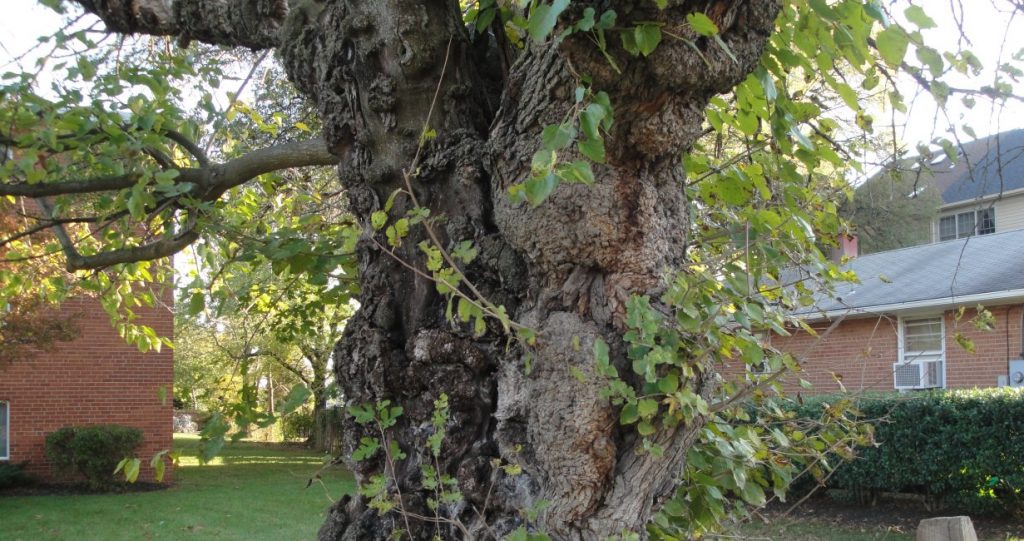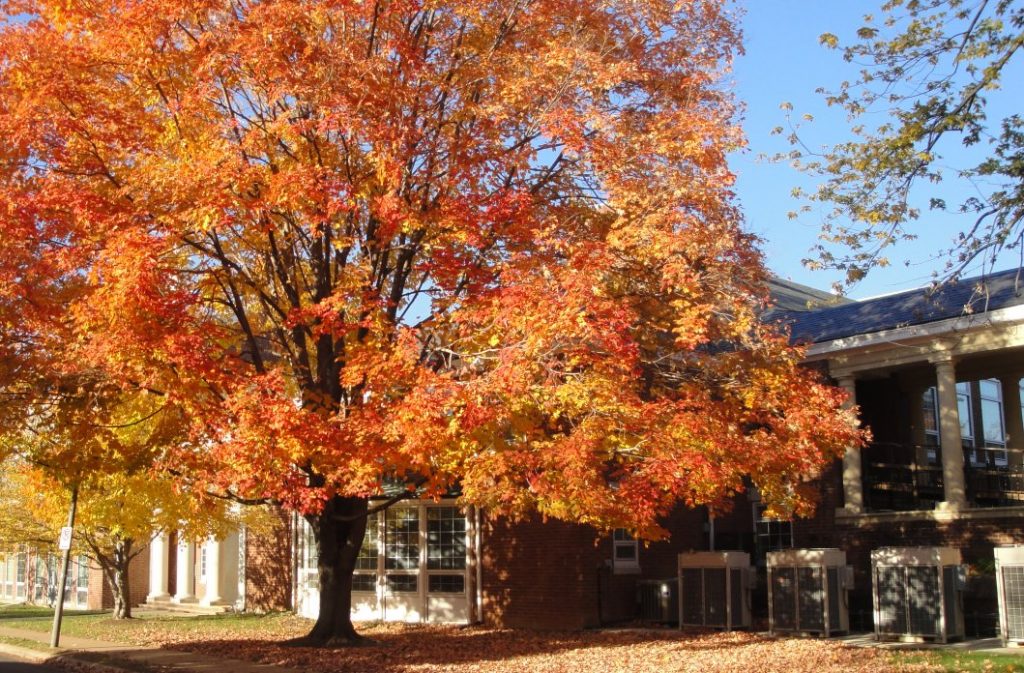
Economic miracles come and go. Today China is the miracle. It was the “Asian Tigers” in the 1990s and Japan was going to take over the world in the 1980s. But if you go back to the 1970s, Brazil was the miracle country, with economic growth rates equaling or exceeding those of China today. The problem was that it proved unsustainable. The easy explanation is that the price of oil spiked in the 1970s and that killed the boom. But there was more. The Brazilian boom of the 1970s turned out to be narrowly based and fueled by debt. How is it different today?

The first difference is a broader-based political stability. Brazil of the 1970s was ruled by a military government, with a few people making the decisions and setting the priorities. Today Brazil is a full democracy and has been for a quarter century. The rule of thumb is that the test of a democracy is not the first election, but the first election where the opposition takes power peacefully. Brazil has been there and done that.
In fact, they went through extraordinary tests. The first openly elected Fernando Collor de Mello was not only replaced, but actually successfully impeached and yet the institutions of democracy endured. After that, the Brazil government enacted the extraordinary reforms and liberalization of Plano Real that quelled inflation and got the economy moving. The opposition of that time, led by future president Luiz Inácio Lula da Silva (leader of the PT), promised to reverse many of the reforms and privatizations.
Political risk analysts worried about the ostensibly very leftist PT during the 1990s, but when Lula won the elections in 2002, he quietly maintained the reforms and the economy continued to grow. The political risk from PT has now dropped to something near zero, or similar to the political risk of an opposition party victory in Western Europe or the U.S. and there is no other more radical danger on the horizon. Essentially every viable political movement has had its chance to influence or directly run the government and they all have shown practical support for the reforms. The most recent Brazilian election, less than two weeks ago, was fairly boring. Boring is good when it comes to politics of stability in countries like many in Latin America. Elections are exciting when one side intends to completely reverse whatever the previous guys did. That bodes well for political stability.
The Brazilian economy is also on a better footing than it was years ago. Many of the large state-owned firms have been privatized, at least partially. (I have been a stockholder in Campania Vale do Rio Doce since 2004, but I have to dump it before I go to Brazil.) Brazil remains a very unequal place, but the Brazilian middle class has grown remarkable. There are now a significant number of reasonably affluent Brazilian consumers. I wrote a little more on both these subjects at the links above. The Brazilian central bank is not as independent as the Fed, but it has behaved in a de-facto autonomous way in defending the currency. Exports are more widely based, although Brazil still exports mainly primary products. Brazil has become a commodities power house. China is now Brazil’s biggest customer, replacing the U.S. in 2009. China takes Brazilian products such as Iron ore, soy and oil. The Chinese are helping to finance Brazilian oil exploration in the deep waters off the coast of Rio de Janeiro (called the pre-sal). Interestingly, the discovery of the potentially massive offshore oil reserves has mitigated some of the earlier enthusiasm for biofuels.
One of the paradoxes of the China trade is that it looks a lot like the old neo-colonial relationship, since Brazil supplies raw material to China and takes manufactured goods. But there is a modern twist. Raw material production today can be very high tech and high value added. This is especially true in agriculture.
In 2008, Brazil essentially paid off that terrible debt everybody worried about for a generation and became a net creditor. Brazilians now own interests in such quintessential American firms such as Burger King & Budweiser and they now have an extensive foreign aid program of their own, especially in Lusophone Africa.
Anyway, it now looks like the Brazilian takeoff has a much stronger base and that this time it may be sustained. I keep on finding out how lucky I am to be going there next year.
The pictures – again they are unrelated to the text, except that they are on my way to FSI where I have been learning some of the stuff I am writing about. Up top is a gnarled old bradford pear. It looks ancient and it is mostly dead, but it is probably not very old. My guess it is that it is significantly younger than I am. I bet it no more than thirty-five years old, probably not even that. Those things live fast and die young, but don’t leave a good looking corpse. Below is a nice, colorful maple.
